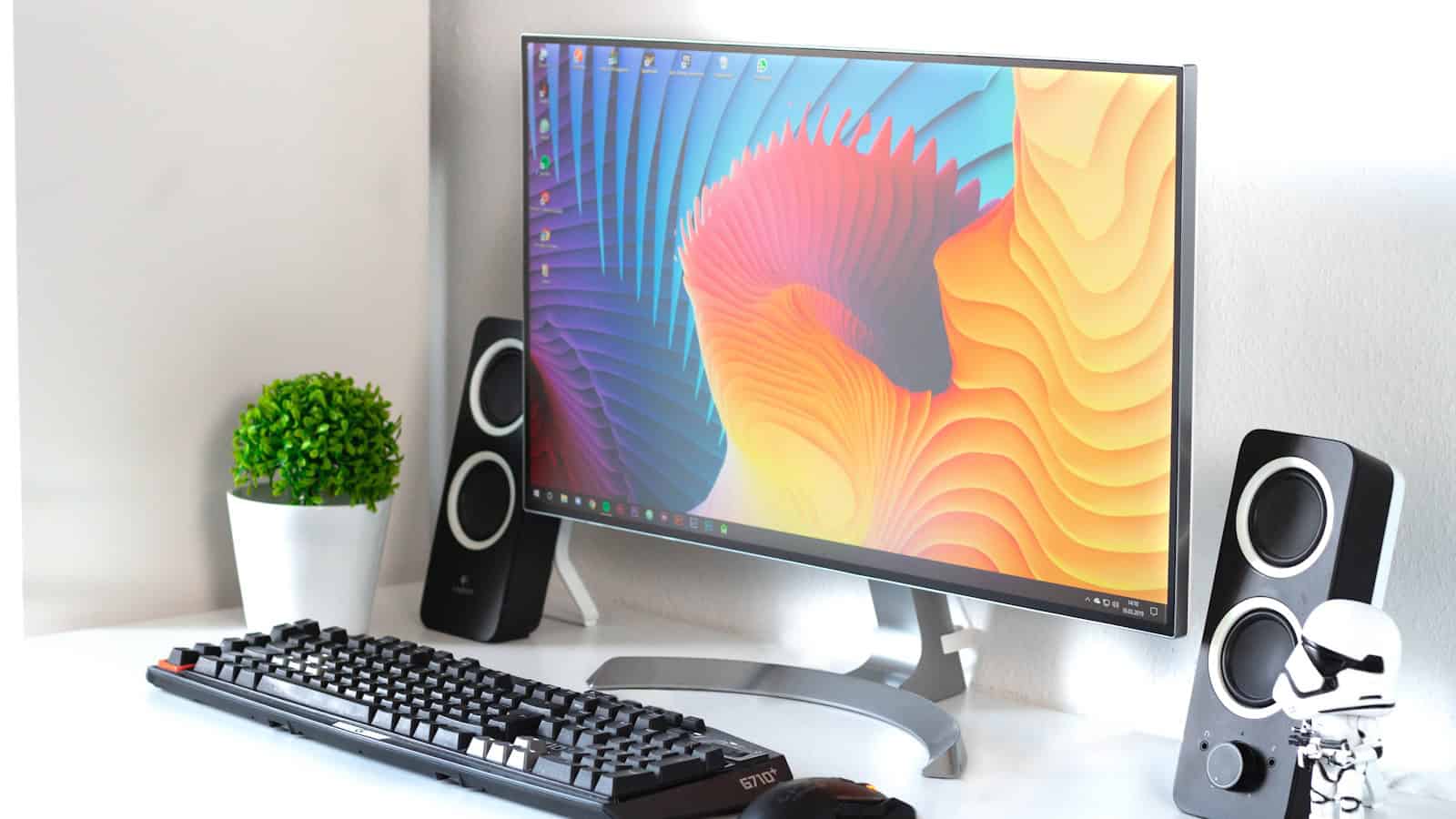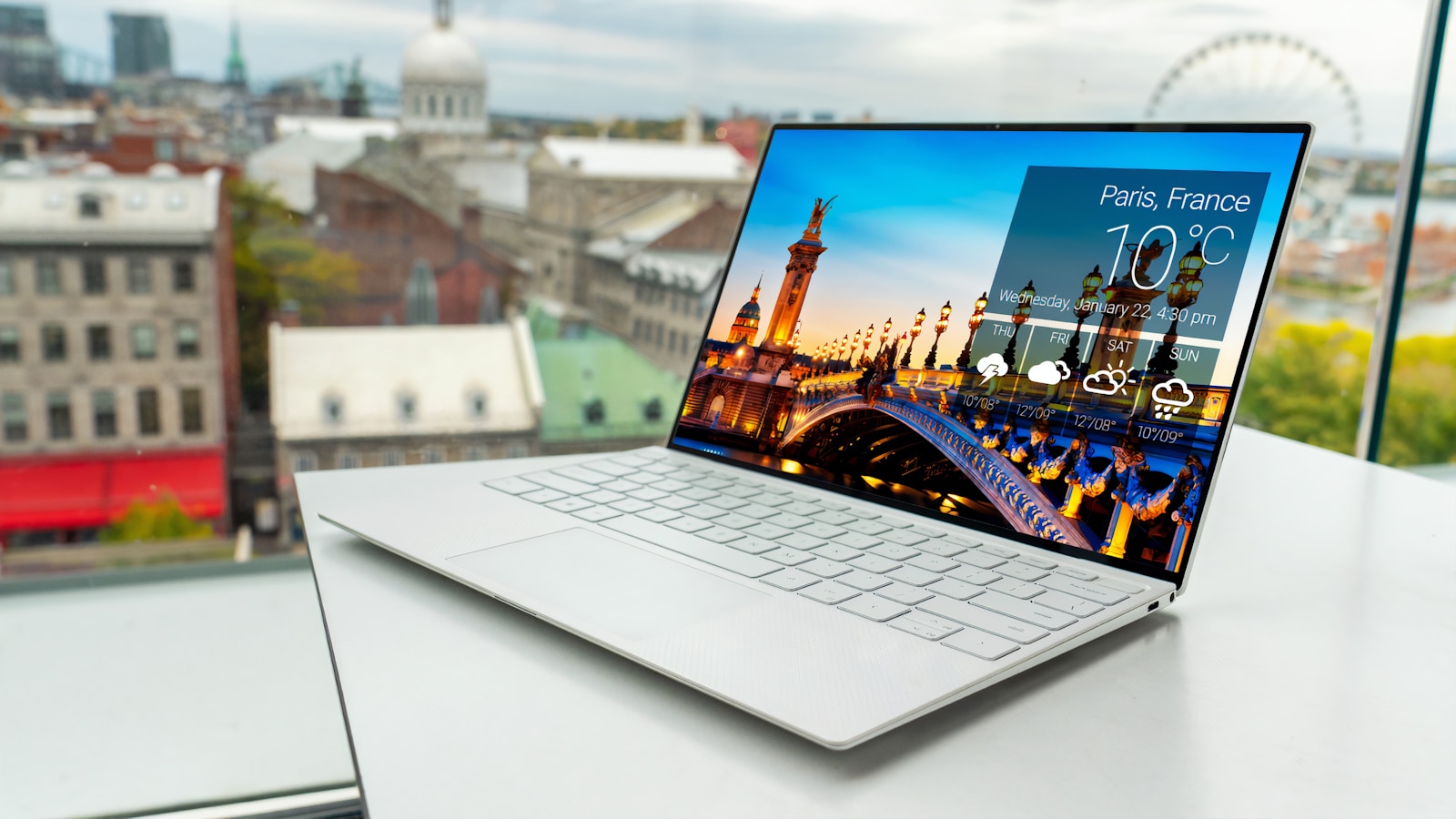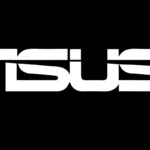Choosing a desktop computer in 2025 isn’t just about raw power—it’s about reliability, long-term support, upgradability, and how well a brand meets your specific use case. Whether you’re building a creative workstation, a high-performance gaming rig, or a productivity powerhouse, the brand you choose sets the foundation for your entire experience.
Some brands continue to dominate due to their consistency and innovation, while others are emerging with exciting new approaches, such as modularity and sustainability. Here’s a breakdown of the best desktop computer brands in 2025, what they’re known for, and the standout models driving their reputations.
Top Desktop Brands for 2025 (With Key Strengths)
| Brand | Core Strengths | Best For |
|---|---|---|
| Dell | Broad lineup, excellent build quality, strong customer support | Home, business, high-performance users |
| HP | Great balance of performance and value, consistent mainstream appeal | General users, casual gamers |
| Lenovo | Reliable hardware, especially strong in pre-built gaming and all-in-ones | Gamers, professionals, students |
| Apple | Premium hardware, optimized software, exceptional performance with M-series chips | Creatives, developers, macOS users |
| Asus | High-performance desktops, often tuned for gaming and content creation | Enthusiast gamers, DIYers |
| MSI | Focused on gaming and performance builds with aggressive pricing | Competitive gamers, custom builds |
| Framework | Modular, repairable, and sustainable desktop design | Tinkerers, eco-conscious users |
| Acer | Affordable desktops with decent specs for everyday use | Budget users, students, offices |

Standout Models by Brand
Dell
- XPS Desktop 8960: A refined balance of power and silence, equipped with up to RTX 4090, liquid cooling, and Intel’s 14th-gen CPUs.
- Alienware Aurora R16: Sleek, airflow-focused case redesign; customizable with high-end GPUs. Great for 1440p/4K gaming.
HP
- HP Envy Desktop: Strong all-around performer ideal for everyday tasks and some creative workloads. Frequently updated with the latest Intel or AMD CPUs.
- HP Omen 35L: A top-tier gaming desktop offering configurations up to RTX 5080 and Ryzen 9 9950X.
Lenovo
- IdeaCentre AIO 27: One of the most attractive and functional all-in-one PCs, featuring Ryzen 8000 series processors and QHD touchscreens.
- Legion Tower 5i Gen 8: Combines affordability and great gaming performance; ideal for 1080p to 1440p gamers.
Apple
- Mac Mini with M4 Pro: Ultra-compact yet impressively fast, with industry-leading power efficiency. Ideal for devs and content creators.
- Mac Studio with M3 Ultra: A monster for 3D rendering, video editing, and AI development. Supports up to 192GB RAM and hardware AV1 encoding.
Asus
- ROG G22CH: A tiny powerhouse that uses a custom 10-liter case design to fit RTX 4080-class GPUs. Whisper-quiet and ideal for space-saving setups.
- ProArt Station PD5: Built for creatives, pre-calibrated displays, and ISV-certified hardware for Adobe and Autodesk suites.
MSI
- MSI Aegis RS 14: Prebuilt that feels like a custom PC. Features tool-less upgrades and comes with powerful cooling out of the box.
- MSI Creator P100X: Geared for professionals in animation and video production, packed with high RAM ceilings and discrete GPU options.
Framework
- Framework Desktop: New for 2025, this modular Mini-ITX system is user-upgradeable and fully repairable. Offers swappable mainboards, customizable I/O, and eco-conscious sourcing.
Editor’s Picks by Category
| Category | Top Pick | Why |
|---|---|---|
| Best Overall | Dell XPS Desktop 8960 | Versatile, powerful, and elegant with great thermal design |
| Best for Gaming | HP Omen 35L | Supports the latest GPUs and offers fantastic thermals and upgradeability |
| Best Mac Experience | Mac Studio with M3 Ultra | Blazing-fast and optimized for macOS power users |
| Best for Creators | Asus ProArt Station PD5 | ISV certification and top-tier performance for Adobe/Autodesk apps |
| Best Budget Desktop | Acer Aspire TC Series | Offers surprising performance under $700 for general tasks |
| Best Modular Option | Framework Desktop | Built for right-to-repair, fully customizable, and future-proof |
| Best All-in-One | Lenovo IdeaCentre AIO 27 | Excellent screen, compact design, and performance under one shell |
Key Trends in 2025 Desktop PCs
- AI Acceleration: Many new desktops feature dedicated NPU chips or AI cores built into AMD Ryzen 9000 and Intel Core Ultra CPUs.
- PCIe 5.0 and DDR5: These standards are now mainstream, allowing for faster storage and future-ready memory performance.
- Eco-Conscious Designs: Brands like Framework and Apple are emphasizing recyclability, energy efficiency, and low-carbon manufacturing.
- GPU Upgrades: The transition to NVIDIA’s RTX 5000 series and AMD’s Radeon RX 9000 series means more performance per watt, especially for gaming and AI workloads.
- Cooling Matters: Desktop designs now emphasize airflow, with more models using custom AIO liquid cooling to stay whisper-quiet under load.
Whether you’re upgrading your home workstation or hunting for a future-proof gaming rig, 2025’s desktop landscape offers more choice, power, and customization than ever before. The best brand for you comes down to what you value most: raw power, reliability, price, design, or sustainability.
Key Takeaways
- Dell, Lenovo, HP, Apple, and Asus lead the desktop market with reliable computers for different user needs and budgets.
- Consider key features like processor type, RAM capacity, storage options, and upgrade potential rather than focusing solely on brand names.
- Desktop computers from top brands typically last 5-7 years, making them worthwhile investments compared to budget alternatives.
Top Desktop Computer Brands and Their Standout Models
Several computer brands stand out in the desktop market with unique strengths and specialized models for different user needs. Each manufacturer offers distinctive features that appeal to specific segments, from creative professionals to hardcore gamers and everyday users.
Apple: iMac, Mac Mini, and Mac Studio
Apple’s desktop lineup combines sleek design with powerful performance. The iMac offers an all-in-one solution with its stunning 24-inch 4.5K Retina display and M3 chip that handles creative tasks with ease. Its thin profile and vibrant color options make it a standout in any workspace.
The Mac Mini provides surprising power in a compact form. At just 7.7 inches square, it delivers impressive performance with the M2 Pro chip option, making it perfect for users who need processing power without the bulk of a tower.
For professionals with demanding workloads, the Mac Studio bridges the gap between the Mini and the Pro. With M2 Max or M2 Ultra chips, up to 8TB of storage, and extensive connectivity options, it serves as a powerhouse for video editors and 3D artists.
Key Apple Desktop Features:
- Seamless integration with iPhone and iPad
- macOS operating system
- High-quality displays with excellent color accuracy
- Premium build quality
Dell and Alienware: Aurora R16 and Area-51
Dell offers reliable desktops for business and home use, while its Alienware gaming division creates powerful gaming machines. The XPS Desktop combines performance and elegance, making it a versatile option for professionals and casual users alike.
The Alienware Aurora R16 represents a significant redesign with improved airflow and a 40% smaller footprint than previous models. It supports the latest Intel Core processors and NVIDIA RTX 40-series graphics cards, delivering exceptional gaming performance without the bulky profile of traditional gaming PCs.
For extreme performance seekers, the legendary Area-51 provides unmatched customization with options for multiple GPUs and overclocked processors. Its unique triangular design isn’t just for show—it optimizes cooling and component layout.
Popular Dell/Alienware Configurations:
- Aurora R16: Intel Core i9, 32GB RAM, RTX 4080
- XPS Desktop: Intel Core i7, 16GB RAM, RTX 3060
- Area-51: Multiple configuration options for extreme performance
HP: Omen, Omen 35L, and OmniStudio X
HP balances affordability with performance across its desktop lineup. For gaming enthusiasts, the HP Omen series delivers high-end components in stylish cases with customizable RGB lighting.
The Omen 35L stands out with its spacious chassis that allows for excellent airflow and future upgrades. It features tool-less access for easy modifications and supports high-end components like the RTX 4090 and latest AMD or Intel processors.
For creative professionals, the OmniStudio X workstation offers certified compatibility with professional applications like Adobe Creative Suite and AutoCAD. It includes ECC memory options and professional-grade NVIDIA RTX or AMD Radeon Pro graphics cards.
HP also excels in all-in-one computers with touchscreen options and space-saving designs perfect for home offices or small workspaces.
HP Desktop Highlights:
- Wide price range for various budgets
- Strong warranty and support options
- Good upgrade potential in tower models
- Balance of performance and value
MSI: Performance and Value
MSI has transformed from a component manufacturer to a respected desktop computer brand. Their systems appeal to gamers and content creators looking for high performance without breaking the bank.
The MSI Infinite series offers impressive gaming capabilities with striking case designs featuring tempered glass panels and RGB lighting. The MEG Aegis Ti5 represents their premium segment with an innovative design including an OLED control panel and top-tier components.
MSI excels in thermal design, using their experience from motherboard and graphics card manufacturing to create systems that stay cool under pressure. This expertise translates to quieter operation and longer component lifespan.
For creators, the MSI Creator series includes workstation-class components optimized for video editing, 3D rendering, and other creative tasks. These systems feature professional color calibration and specialized software tools.
MSI Advantages:
- Competitive pricing for high-performance components
- Gamer-focused features and aesthetics
- Strong cooling solutions
- Regular BIOS and software updates
Key Features to Compare Across the Best Desktop Computer Brands
When shopping for a desktop computer, several critical hardware components determine performance, value, and suitability for your needs. These features vary widely across brands and price points.
CPU Performance: Intel Core i5, AMD Ryzen 5, and Beyond
The processor is the brain of any desktop PC. Current market leaders offer compelling options at various price points:
- Intel Core i5 processors deliver solid mid-range performance for everyday tasks and light gaming
- AMD Ryzen 5 chips often provide better multi-core performance at similar price points
- Intel Core i7/i9 and AMD Ryzen 7/9 offer premium performance for demanding workloads
CPU benchmarks matter more than brand names. For video editing and 3D rendering, look for higher core counts (8+). For gaming, higher clock speeds (measured in GHz) often yield better results.
Most mainstream desktop PCs like the Dell XPS Desktop come with mid-range processors that handle everyday tasks efficiently. Power users should consider high-end options from brands like MSI, which leads in gaming-specific desktops.
Graphics: Nvidia RTX, RTX 5090, AMD Radeon RX
Graphics capabilities determine gaming performance and media creation abilities:
Nvidia Options:
- RTX 4060/4070: Good for 1080p/1440p gaming
- RTX 4080/4090: High-end 4K gaming performance
- RTX 5090: Latest flagship with exceptional performance
AMD Options:
- Radeon RX 7600/7700: Competitive mid-range options
- Radeon RX 7900: High-end performance at (sometimes) lower prices
For office work and web browsing, integrated graphics from Intel or AMD suffice. Creative professionals should consider at least mid-range dedicated cards. Serious gamers need higher-end options for the best frame rates at higher resolutions.
Many pre-built desktop PCs allow graphics card upgrades later, offering future flexibility. The best gaming desktops include options from brands like Alienware and MSI with top-tier graphics solutions.
Storage Solutions: SSDs and Hard Drives
Modern desktop computers typically offer a mix of storage technologies:
SSD Benefits:
- Much faster boot and load times
- Silent operation
- More reliable (no moving parts)
- Smaller physical size
Hard Drive Benefits:
- Lower cost per terabyte
- Larger capacities available
- Good for archival storage
The ideal setup combines both: an SSD (256GB-1TB) for Windows 11 and frequently used programs, plus a larger hard drive (1TB-4TB) for data storage. Many premium systems now use NVMe SSDs, which are several times faster than standard SATA SSDs.
Storage is usually easy to upgrade later, but checking for available expansion slots is wise. The best desktop for most people, Apple’s M4 iMac, comes with fast SSD storage but limited upgrade options.
Form Factor: All-in-One Desktops and Gaming PCs
Desktop computers come in various shapes and sizes to suit different needs:
All-in-One PCs:
- Space-saving design with integrated display
- Cleaner aesthetic with fewer cables
- Limited upgrade options
- Examples: Apple iMac (with 5K display), HP Envy, Dell Inspiron
Traditional Tower PCs:
- Maximum upgradeability
- Better cooling for high-performance components
- More expansion slots and ports
- Examples: Dell XPS Desktop, HP Pavilion
Gaming Desktops:
- Specialized cooling systems
- Often include RGB lighting
- Optimized for gaming performance
- Examples: Alienware Aurora, MSI Aegis
The best choice depends on your priorities. All-in-ones save space but limit future upgrades. Traditional towers offer more bang for your buck and longevity through upgrades. Consider your available space, upgrade needs, and aesthetic preferences.
Well-known brands like HP, Dell, Lenovo, and ACER offer reliable options across these form factors with varying warranty terms.
Frequently Asked Questions
Desktop computer brands vary in quality, features, and price points. Each brand offers unique advantages depending on your specific needs and budget.
What are the top-rated desktop computer brands for professional use?
For professional environments, Apple, Dell, HP, and Lenovo consistently receive high ratings. These brands offer robust systems with powerful processors and ample memory.
Apple’s Mac desktops excel in creative industries due to their optimization for design software. Their build quality and operating system stability are major selling points.
Dell’s Precision workstations provide excellent performance for data analysis and software development. They offer customizable configurations for specific business needs.
HP and Lenovo business desktops are known for security features and IT management tools that appeal to large organizations.
Which desktop computer brands offer the best value for the money?
Acer and Asus provide excellent value, with good PC towers available between $500-$600. These brands balance performance and affordability for general users.
Dell’s Inspiron line delivers reliable performance at competitive prices. Their frequent sales make higher-end configurations more accessible to budget-conscious buyers.
HP Pavilion desktops offer solid specs at reasonable price points. They’re particularly good for families and students who need reliable machines without premium costs.
Which desktop computer brands are highly recommended for gaming performance?
ASUS ROG (Republic of Gamers) and Alienware (Dell) lead the gaming desktop market. They feature high-end graphics cards, advanced cooling systems, and customizable RGB lighting.
MSI produces powerful gaming rigs with excellent thermal management. Their desktops often include one-click overclocking features for enhanced performance.
HP Omen and Lenovo Legion lines have gained popularity for delivering strong gaming performance at more moderate price points than ultra-premium brands.
What are the leading desktop computer brands for home office setups?
Dell and Lenovo make excellent computers for everyday home office use. Their systems provide reliability and adequate performance for common work tasks.
HP’s all-in-one desktops save space and reduce cable clutter. These streamlined systems are perfect for small home office environments.
Apple’s Mac Mini offers a compact solution that doesn’t sacrifice performance. It’s ideal for professionals who need macOS in a small footprint.
What features should be considered when choosing a desktop computer for work?
Processor type and speed should match your workload requirements. Intel Core i5 or AMD Ryzen 5 processors handle most business applications effectively.
RAM capacity affects multitasking performance. Most work computers need at least 8GB, while 16GB or more benefits those working with large files or multiple applications.
Storage type significantly impacts system responsiveness. SSDs provide faster boot times and file access than traditional hard drives.
Microsoft offers a helpful quiz to determine which PC features match your specific needs.
How do the most popular desktop computer brands compare in terms of reliability and customer satisfaction?
Apple consistently ranks highest in customer satisfaction surveys. Their closed ecosystem and premium components result in fewer technical issues.
Dell and Lenovo business desktops earn praise for durability and longevity. Their enterprise-grade systems often outperform consumer models in reliability metrics.
HP computers balance reliability with accessible customer support. Their comprehensive warranty options provide peace of mind for many users.
ASUS has improved its reliability ratings in recent years. Their gaming and professional workstations demonstrate above-average build quality.







